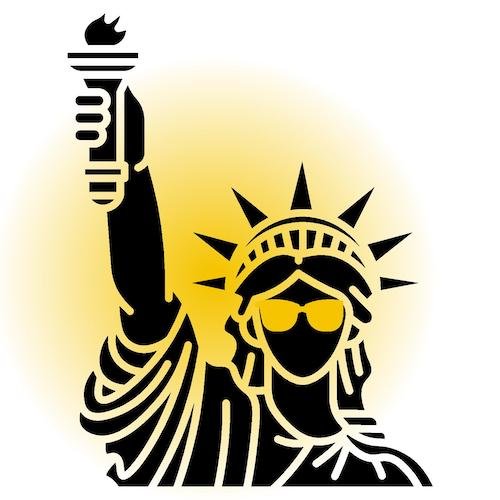Libertarianism offers a unique perspective on economic policy, centering around the principles of free markets and minimal government intervention. This article delves into the libertarian viewpoint on economic matters, explaining how the ideology shapes policies and practices. Understanding these principles is crucial for comprehending the broader political and economic debates in today’s world.
The Principle of Free Markets in Libertarian Thought
At the core of libertarian economic policy is an unwavering belief in free markets. Libertarians argue that free markets, where supply and demand are not hindered by government interference, are the most efficient and equitable means for conducting economic transactions. This belief is rooted in the value placed on individual choice and voluntary exchange, key tenets of libertarian philosophy.
Free markets, from a libertarian perspective, are not just about economics but about personal freedom. The ability to make choices about what to buy, sell, or produce is seen as a fundamental right. This contrasts sharply with economic systems that involve greater government control, where decisions about production and distribution are often made by state entities.
Deregulation and Economic Freedom
Libertarians advocate for deregulation, believing that reducing government rules and restrictions leads to increased economic growth and innovation. Deregulation, in the libertarian view, frees businesses and individuals from the constraints of overbearing government control, allowing for more efficient market operations.
This approach to economic governance is based on the idea that the market itself, driven by the collective decisions of individuals, is the best regulator. Libertarians often point to sectors like technology and telecommunications as areas where deregulation can spur innovation and improve services. The argument is that less government intervention results in a more dynamic and adaptable economy.
Critiques and Misconceptions about Libertarian Economic Policy
Libertarian economic policies are not without their critics. Common critiques include concerns about the potential for market failures, such as monopolies and environmental degradation, and the exacerbation of inequality. These criticisms often stem from a belief that government intervention is necessary to correct market imperfections and protect public welfare.
However, many of these critiques are based on misconceptions about libertarianism. For instance, libertarians do acknowledge the possibility of market failures but often argue that government intervention can worsen these problems or create new ones. Furthermore, libertarianism advocates for a legal framework that protects against fraud and enforces contracts, which are essential for a functioning market.
The Role of Government in a Libertarian Economy
While advocating for minimal government intervention, libertarianism does not propose an absence of government in economic matters. Instead, it delineates a limited but crucial role for the state. The libertarian view posits that the government’s primary economic functions should be to protect property rights, enforce contracts, and ensure a legal environment conducive to voluntary transactions.
In a libertarian economy, the government acts as a referee rather than a player. It is tasked with maintaining the rule of law, preventing fraud and coercion, and safeguarding the freedom of the marketplace. This approach contrasts with more interventionist economic models where the government takes an active role in regulating industries, controlling prices, or managing production and distribution.
Real-World Applications and Examples
Examining real-world applications of libertarian economic principles offers insights into their practicality and impact. Historical and contemporary examples exist where policies leaning toward libertarian ideals have been implemented, albeit often not in their purest form.
One notable example is the economic reforms in Hong Kong during the latter half of the 20th century. Under the guidance of financial secretary John Cowperthwaite, the region embraced policies such as low taxes, minimal government intervention, and free trade. As a result, Hong Kong experienced significant economic growth and transformation, becoming a global financial hub.
Similarly, the economic policies in the United States during the late 19th and early 20th centuries exhibited libertarian traits. During this period, known as the Gilded Age, there was a marked increase in industrialization, technological innovation, and economic expansion, driven in part by relatively laissez-faire governmental policies.
Conclusion
Libertarian perspectives on economic policy, with their emphasis on free markets and deregulation, offer a distinct approach to understanding and managing economic activities. These principles advocate for an economic system where individual freedoms are paramount, and government intervention is minimized.
The significance of these libertarian principles lies not just in their theoretical appeal but in their practical implications. As the global economic landscape continues to evolve, the ideas of free markets and minimal government control remain relevant and influential. They challenge conventional economic thinking and invite a reevaluation of the role of the state in economic affairs.
Understanding libertarian economic policies is essential for anyone interested in the broader discourse on economic governance and freedom. It provides a perspective that values individual initiative and market dynamics, advocating for a world where economic interactions are as free as possible from government constraints.
